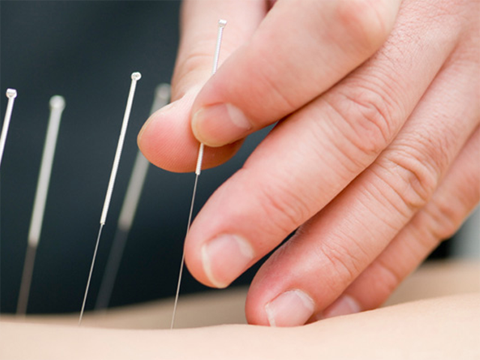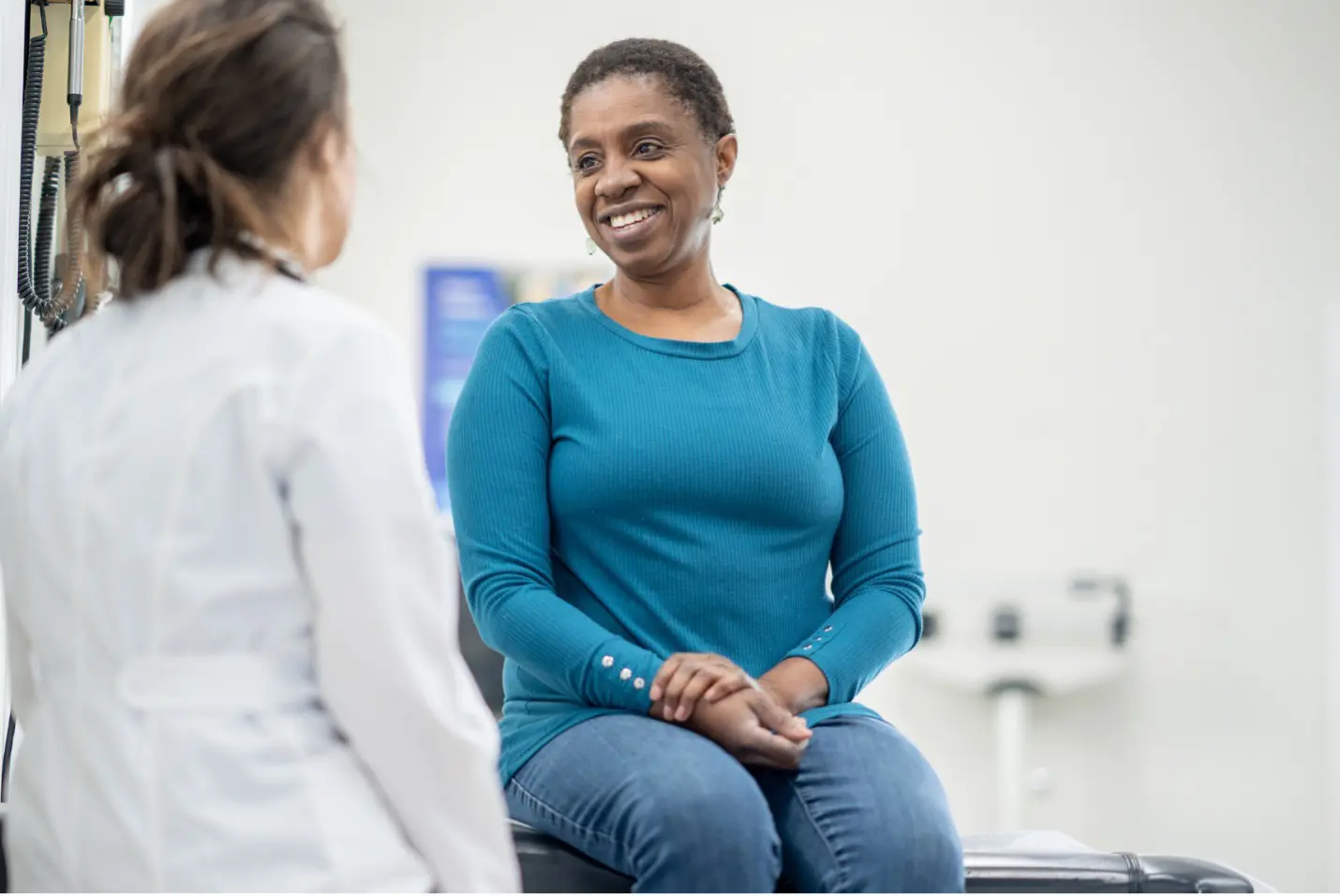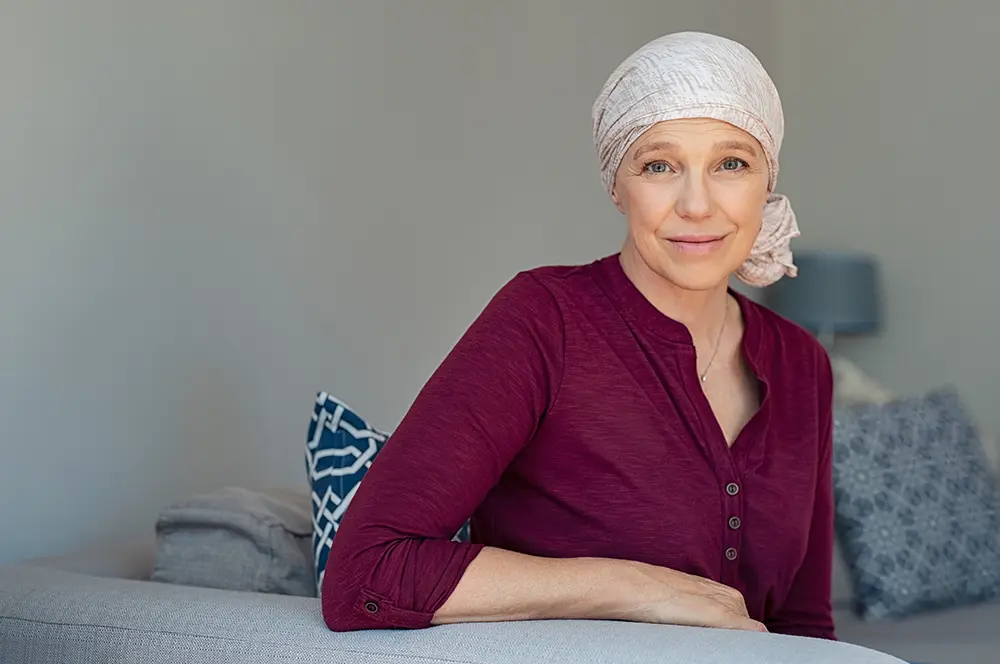 By Deborah Dick, L.Ac., Dipl. Ac., M.Om. and Jamie Schafer, L.Ac., M.Om., Dipl.O.M., LMT
By Deborah Dick, L.Ac., Dipl. Ac., M.Om. and Jamie Schafer, L.Ac., M.Om., Dipl.O.M., LMT
If you are undergoing treatment for cancer or are in remission or recovery, acupuncture and Traditional Chinese Medicine (TCM) can help you alleviate the various side effects that come with chemotherapy, radiation, and surgery.
Acupuncture is a safe, non-invasive, and effective way to complement Western cancer treatments by boosting your immune system and alleviating treatment symptoms such as:
|
|
|
|
|
|
|
|
|
|
|
TCM and acupuncture have had a continuous clinical history spanning over 3000 years. Since ancient times, Chinese healing practitioners have recognized a vital energy called Qi, in all life forms and life processes. TCM believes that Qi flows within the body along specific pathways called meridians. In TCM theory, disease may occur due to a deficiency or imbalance of Qi within meridians. As such, TCM utilizes acupuncture to adjust the flow of Qi in the body via inserting extremely thin needles at strategic points in the body to promote and restore the free flow of Qi. From a Western perspective, it is widely believed that acupuncture is able to stimulate nerves, muscles, and connective tissues which in turn boosts the natural, self-healing abilities of the body (i.e. the immune system) as well as increases blood flow.
During recent years, results from various scientific studies also supported the effectiveness of acupuncture, particularly for side effects from cancer. A study published by the National Institute for Health stated, “Sound research has demonstrated acupuncture to be an effective and safe adjunct therapy for cancer care.” This study supported that acupuncture is effective in treating chemotherapy-induced nausea and vomiting, managing cancer-related pain, fatigue, and alleviating insomnia and anxiety, increasing the overall quality of life. Additionally, randomized controlled clinical trials have stated, “Acupuncture can be used for the following conditions to manage pain among cancer patients: 1) chronic constant neuropathic pain in post-cancer therapies; 2) post thoracotomy pain in patients with operable non-small cell lung carcinoma; and 3) other post-operative pain in patients with breast cancer, bladder cancer, prostate cancer, and ovarian cancer.” Furthermore, the National Cancer Institute advised in addition to alleviating various symptoms from cancer treatment, “Acupuncture may also help the immune system be stronger during chemotherapy,” as show in acupuncture laboratory studies.
Due to the holistic view of TCM, acupuncture treatment not only helps relieve the side effects of cancer treatments but also strengthen and support the body to prevent relapses. Many of our patients have benefited tremendously from getting regular acupuncture treatments. For example, through the course of her chemotherapy sessions, a patient with endometrial cancer came in twice a week for acupuncture to manage her symptoms. She was experiencing severe numbness in both feet, swelling of the legs and abdomen, extreme fatigue, insomnia, as well as both anxiety and depression. After a couple of acupuncture sessions, she reported the numbness in her feet had decreased by 85 percent, she was sleeping better, had more energy to work and play with her grandkids, and was happier overall. When asked how acupuncture has benefited her she said, “I have come to rely on acupuncture to ease the ongoing side effects from chemotherapy. It truly will help you through the chemotherapy and radiation treatment!”
Deborah Dick and Jamie Schafer are licensed acupuncturists with Chinese Acupucture and Herb Center. Chinese Acupuncture and Herb Center is located in Minneapolis, Edina and Burnsville, and their St. Paul office will open this fall. They accept most major health insurances. Most health insurances cover acupuncture services for pain management or chemotherapy induced nausea and vomiting. For more information, or if you have any specific questions about acupuncture, please contact them at one of their four locations.
References:
Lu W, Dean-Clower E, Doherty-Gilman A, Rosenthal DS. The Value of Acupuncture in Cancer Care. Hematology/oncology clinics of North America. 2008;22(4):631-viii. doi:10.1016/j.hoc.2008.04.005.
Lu W, Matulonis UA, Doherty-Gilman A, et al. Acupuncture for Chemotherapy-Induced Neutropenia in Patients with Gynecologic Malignancies: A Pilot Randomized, Sham-Controlled Clinical Trial. Journal of Alternative and Complementary Medicine. 2009;15(7):745-753. doi:10.1089/acm.2008.0589.



